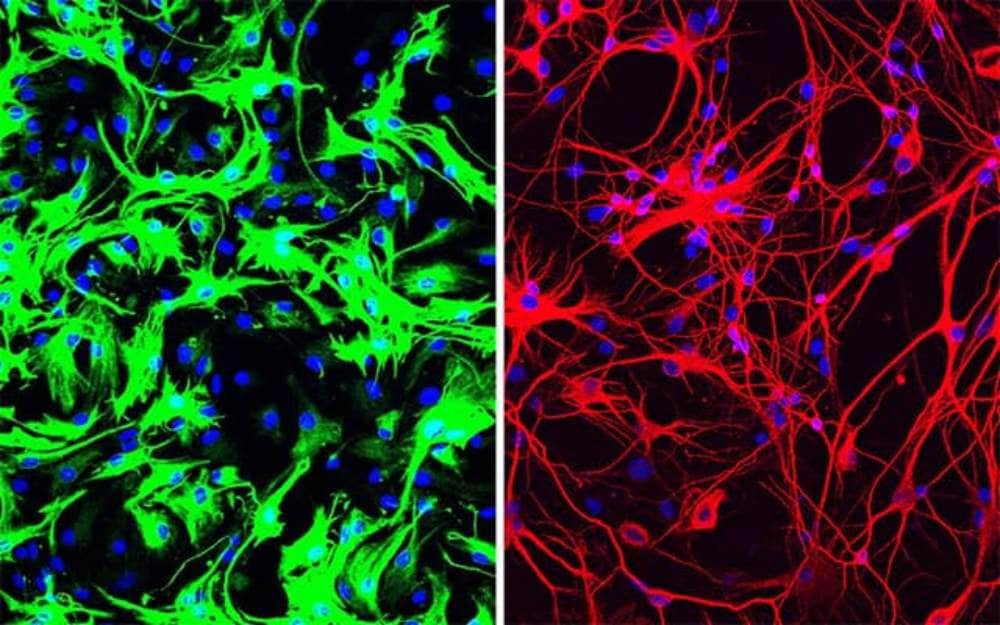Scientists reverse Parkinson’s disease in mice by tweaking the genetic code of non-neuronal brain cells
FP TrendingJun 26, 2020 13:48:02 IST
Scientists are developing a one-off treatment that appears to permanently cure Parkinson's disease in mice.
The results of the study, conducted by researchers from the University of California, were published in the scientific journal Nature.
According to study authors, they hope that the same approach can be used to treat a wide range of neurodegenerative conditions in human beings.
According to a report in IFL Science, Parkinson's and other types of dementia occur when neurons become damaged and die. Scientists have spent decades trying to come up with treatments to protect the brain cells or generate new ones to replace the ones that are lost.
Study authors have now been able to achieve this by altering a single gene.
The report mentions that researchers tweaked the genetic code of non-neuronal brain cells called astrocytes in petri dish. The astrocytes facilitate communication throughout the brain by producing a protein called PTB which ensures that they do not transform into neurons.
When researchers blocked the production of PTB, the astrocytes transformed into neurons.

Left: mouse astrocytes (green) before reprogramming; Right: neurons (red) induced from mouse astrocytes after reprogramming with PTB antisense oligonucleotide treatment. Image credit: University of California
According to a statement released by the University of California, lead author Xiang-Dong Fu said, "Researchers around the world have tried many ways to generate neurons in the lab, using stem cells and other means, so we can study them better, as well as to use them to replace lost neurons in neurodegenerative diseases," adding, "The fact that we could produce so many neurons in such a relatively easy way came as a big surprise.”
As per a report in Eurekalert, researchers developed a noninfectious virus that carries an antisense oligonucleotide sequence and administered it directly to the mouse's midbrain, which is responsible for regulating motor control and reward behaviours and the part of the brain that loses dopamine-producing neurons in Parkinson's disease. A control group of mice received a mock treatment.
According to the report, in the mice that were properly treated, a small subset of astrocytes converted to neurons, increasing the number of neurons by approximately 30 percent. Researchers also found that Dopamine levels were restored to a level comparable to that in normal mice. They found that the neurons grew and sent their processes into other parts of the brain and the mice returned to normal within three months after a single treatment.



No comments